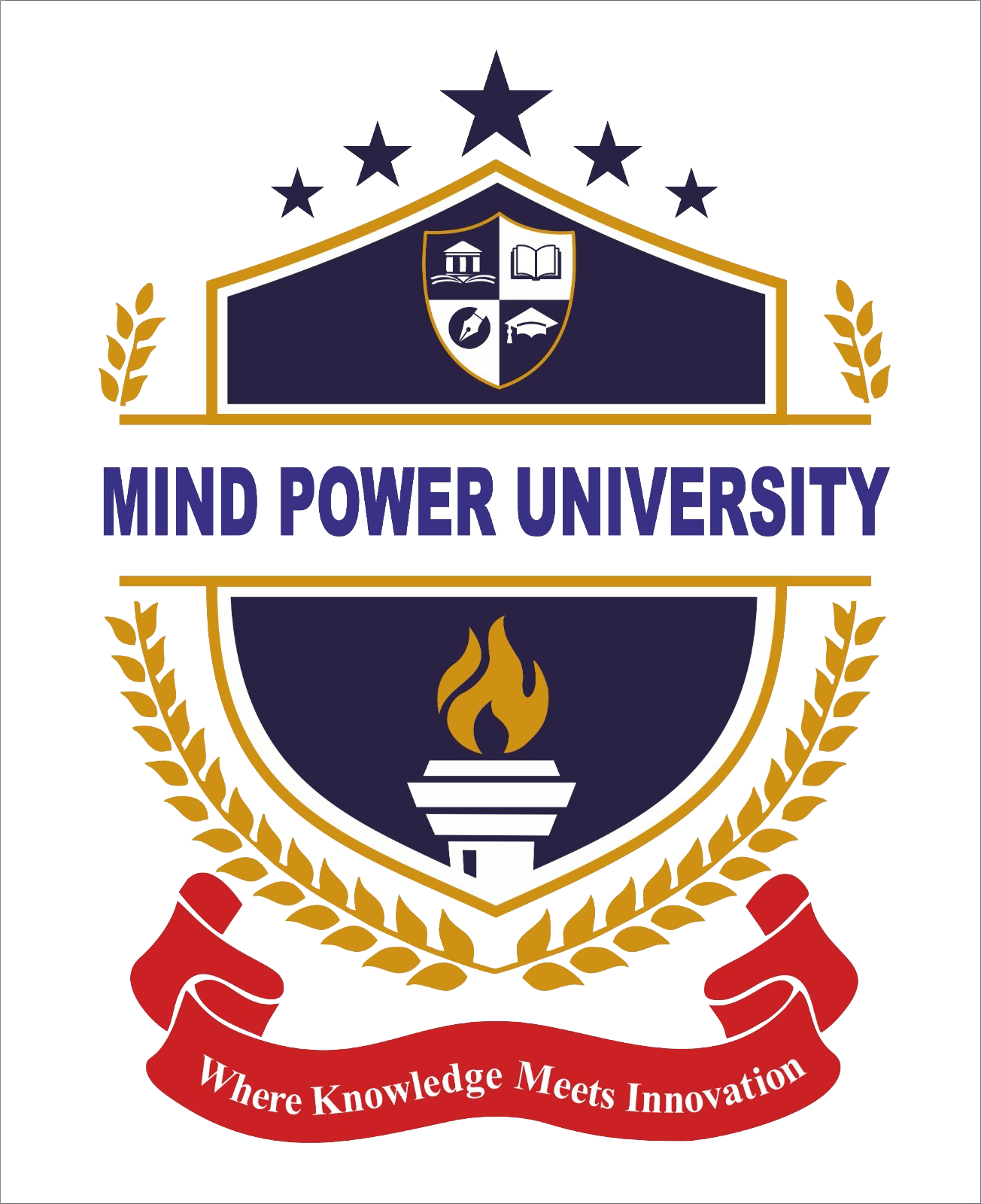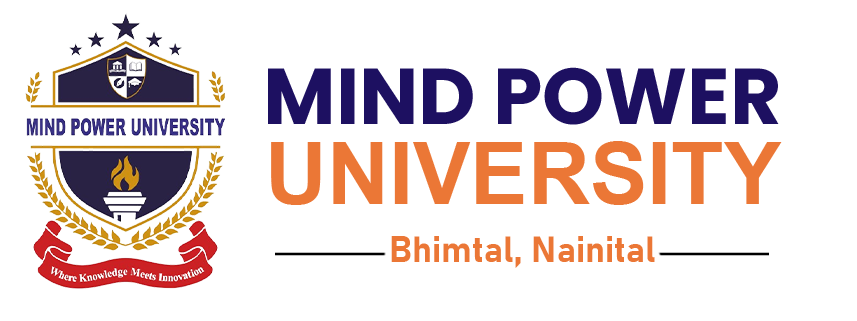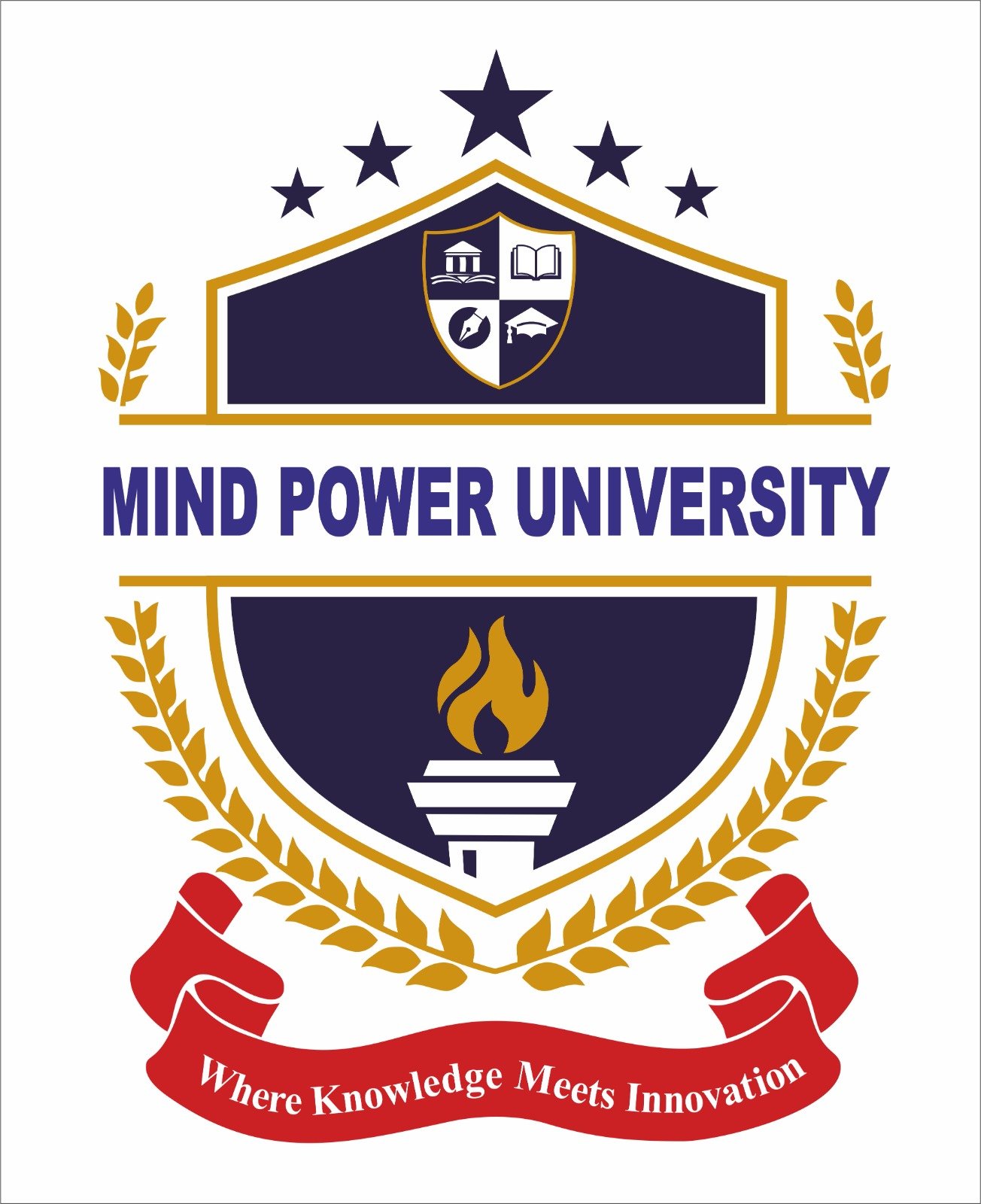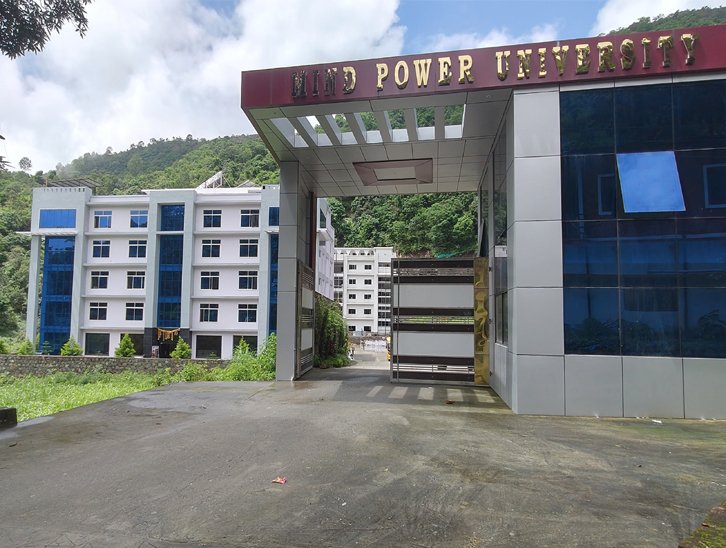 B.Tech Mechanical Engineering
B.Tech Mechanical Engineering
Duration
4 Years
Registration Fee
Contact on :- 8882822265
Exam Fee/ Module
Contact on :- 8882822265
- Duration : The B.Tech program in Mechanical Engineering usually has a duration of four years, although the duration may vary slightly depending on the university and its academic calendar.
- Semesters : The program is typically divided into eight semesters, with each semester lasting around four to six months. Each semester consists of a set of courses or subjects related to mechanical engineering, along with practical lab sessions and projects.
- Curriculum : The curriculum of B.Tech Mechanical Engineering covers a wide range of topics related to mechanics, materials, thermodynamics, fluid mechanics, heat transfer, manufacturing processes, machine design, robotics, and more.
- Core Courses : Core courses in B.Tech Mechanical Engineering may include subjects such as Engineering Mechanics, Strength of Materials, Thermodynamics, Fluid Mechanics, Heat Transfer, Manufacturing Processes, Machine Design, Engineering Drawing, Dynamics of Machinery, Control Engineering, and Mechanical Vibrations.
- Electives : In addition to core courses, students may have the opportunity to choose elective courses based on their interests and career goals. Elective courses may cover specialized topics such as Finite Element Analysis, Computational Fluid Dynamics, Renewable Energy Systems, Robotics and Automation, Automobile Engineering, and Industrial Engineering.
- Laboratory Work : B.Tech programs typically include practical laboratory sessions, where students gain hands-on experience in conducting experiments, testing materials, analyzing data, and using engineering tools and software. Laboratory work complements theoretical learning and helps students develop practical skills and problem-solving abilities.
- Projects : Students are often required to undertake individual or group projects as part of their B.Tech program. Projects allow students to apply their knowledge and skills to real-world problems, conduct research, innovate, and demonstrate their understanding of mechanical engineering principles.
- Internships and Industrial Training : Some B.Tech programs may include internships or industrial training opportunities, where students gain practical experience by working in industries, research labs, or engineering firms. Internships provide valuable exposure to the professional environment and may lead to job opportunities upon graduation.
- Seminar Presentations : Students may be required to deliver seminar presentations on selected topics related to mechanical engineering. Seminar presentations help students improve their communication skills, research abilities, and presentation techniques.
- Final Year Project : The final year of the B.Tech program typically culminates in a major project or thesis, where students work on a comprehensive engineering project under the guidance of faculty mentors. The final year project allows students to showcase their knowledge, creativity, and problem-solving skills and serves as a capstone experience before graduation.
Overall, a B.Tech program in Mechanical Engineering provides students with a comprehensive education in mechanical systems and technologies, preparing them for careers in various industries such as manufacturing, automotive, aerospace, energy, robotics, and research and development.
| Eligibility | 10+2 Science with Mathematics |
|---|
Contact on :- 8882822265
.jpg)
Mechanical Engineering:
- ● Design mechanical systems, components, and products for industries such as automotive, aerospace, and manufacturing.
- ● Employment opportunities in engineering firms, product design companies, and manufacturing industries.
- ● Responsibilities may include CAD modeling, stress analysis, prototyping, and product testing.
- ● Optimize production processes, improve efficiency, and ensure quality control in manufacturing operations.
- ● Work in industries such as automotive, aerospace, electronics, and consumer goods.
- ● Responsibilities may include process optimization, tooling design, production scheduling, and quality assurance.
- ● Design heating, ventilation, and air conditioning systems for buildings and infrastructure projects.
- ● Employment opportunities in HVAC companies, engineering consultancies, construction firms, and facility management companies.
- ● Responsibilities may include load calculations, duct design, equipment selection, and energy efficiency analysis.
- ● Design and develop vehicles, engines, and automotive systems for the automotive industry.
- ● Work in automotive companies, research labs, engineering consultancies, or government agencies.
- ● Responsibilities may include vehicle design, powertrain development, chassis design, and safety testing.
- ● Research and develop new materials, alloys, and composites for use in manufacturing and construction.
- ● Employment opportunities in materials science research labs, manufacturing companies, and government agencies.
- ● Responsibilities may include material testing, characterization, failure analysis, and process optimization.







